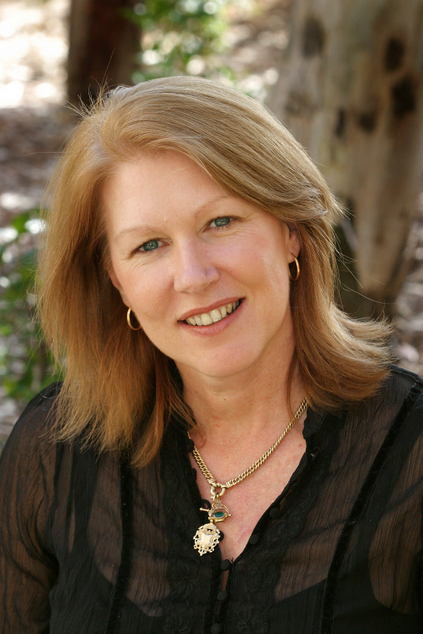 The Australian Christian Lobby has appeared before a parliamentary committee in Queensland to argue against the removal of ‘gay panic’ defences from the state’s legal system.
The Australian Christian Lobby has appeared before a parliamentary committee in Queensland to argue against the removal of ‘gay panic’ defences from the state’s legal system.
‘Gay Panic’ defences have been used in the past to justify violent murders and assaults because the defendants has claimed that they believed the victim was a homosexual person who was going to sexually attack them.
Addressing the Legal Affairs and Community Safety Committee the ACL’s Queensland Director Wendy Francis said changing the laws would have unintended consequences for women.
In her opening statement Francis said the Australian Christian Lobby said violence against gay men was inexcusable.
“Can I make it clear from the outset that we strongly agree that the use of any violence against gay men is inexcusable, let alone when that violence proves to be fatal.
“And any suggestion that such a crime should be punished less severely is reprehensible and unthinkable.” Francis said.
Francis outlined that her organisation’s opposition to the change was based in a concern for the safety of women., arguing that the law under question was not specifically about gay people.
“It is important to carefully examine any unintended negative consequences of changing the Queensland law. I have spoken to a number of women’s organisations, including radical feminists, who oppose the change. Preserving the current law, which treats all equally, is seen as a much better option in terms of protecting women.” Francis said.
Most Australian states have removed defence options which allowed for people to claim that a belief they were going to be sexually assaulted by a person as a mitigating factor to their actions.
In the past this section of the law has been utilised to have charged reduced from murder to manslaughter because they believed the victim was making a homosexual advance.
Speaking before the committee Francis said the unintended reality of the change is that women who are forced to resort to violence to protect themsevles from unwanted sexual advances would be restricted in their ability to defend their actions legally.
“This will make any defence of women who respond violently to sexual advances, much more difficult to achieve, and very restrictive. Because what this bill will achieve is to preclude actions which would constitute sexual assault from ‘provocation’.”
While similar laws have been removed in other states, The Australian Christian Lobby argues that the situation is different in Queensland due to the states’ mandatory life sentences in murder cases.
“Laws relating to murder and sentencing for murder should be capable of accommodating consideration of all the circumstances of different cases.” Francis said.
The Australian Christian Lobby is not alone in their concern. The Queensland Law Society has also expressed concerns. QNews have highlighted the societies written submission to the committee.
“[We are] concerned that the present drafting of the removal of the ‘unwanted sexual advance’ defence could potentially affect circumstances other than those comprising a ‘gay panic’ defence,” she wrote.
“For example, it would be concerning if this defence were not open to a defendant where the victim had sexually assaulted or raped the defendant, or where the victim had sexually abused the defendant as a child.”
Ms Smyth said the bill attempts to address this by including an exception for “circumstances of an exceptional character”, but the term was not defined.
Queensland is not alone in having the option of claiming fear of being approached by a homosexual as a reason for reducing the severity of murder charges. Similar laws still exist in South Australia, but Premier Jay Weatherall has vowed to have them removed.
OIP Staff





